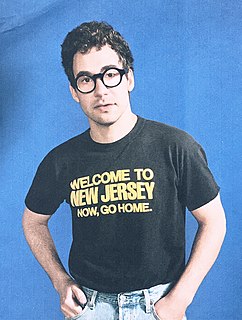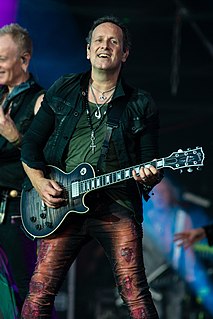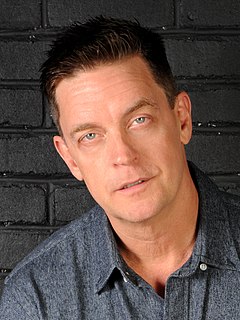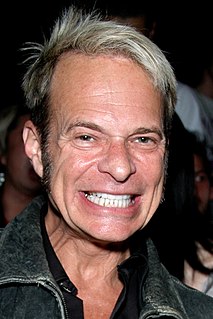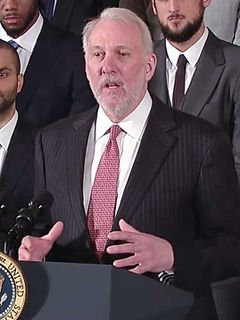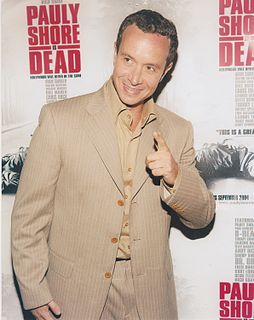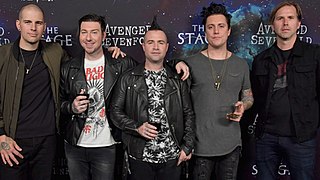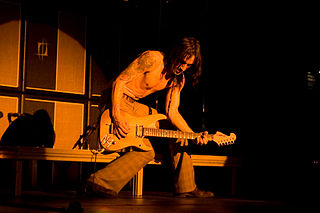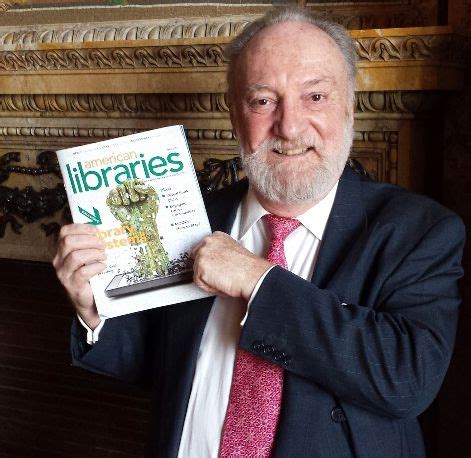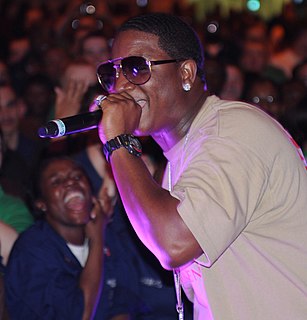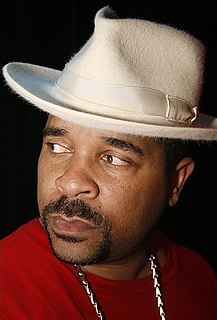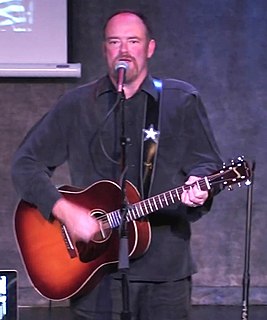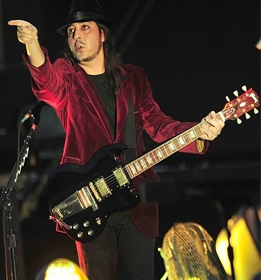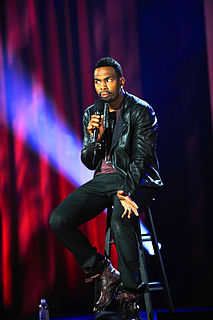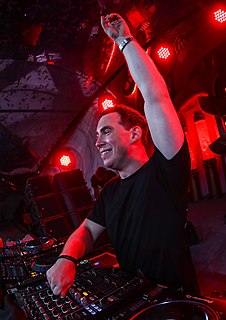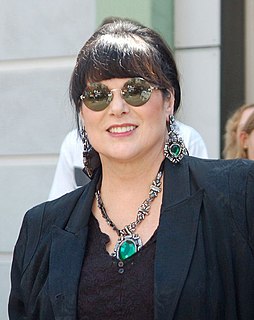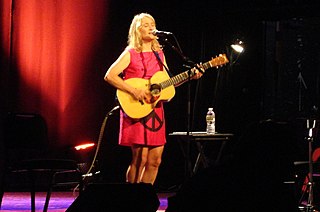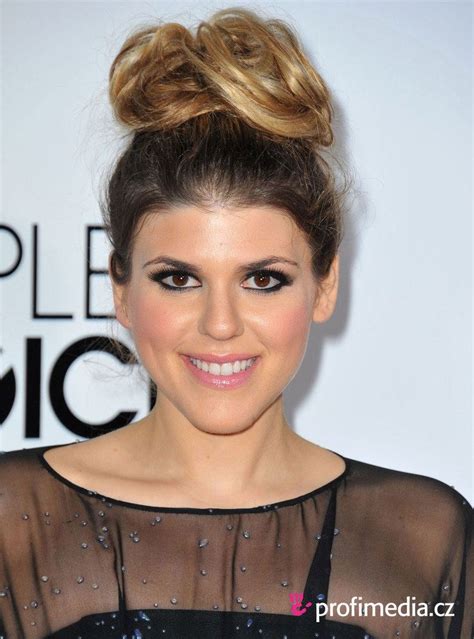Top 404 Mtv Quotes & Sayings - Page 7
Explore popular Mtv quotes.
Last updated on December 18, 2024.
You get to a point where everything is so important. One day you have 'Letterman,' and the next day you're at the MTV Movie Awards, and the next day you have a sold-out show for over 15,000 people. You can't cancel anything, because it's just too much to let everyone down, which is an interesting thing about being in a bigger band.
4Shbab has been dubbed Islamic MTV. Its creator, who is an Egyptian TV producer called Ahmed Abu Haiba, wants young people to be inspired by Islam to lead better lives. He reckons the best way to get that message across is to use the enormously popular medium of music videos. 4Shbab was set up as an alternative to existing Arab music channels.
I've always thought that "punk" wasn't really a genre. My band started in Olympia where K Records was and K Records put out music that didn't sound super loud and aggressive. And yet they were punk because they were creating culture in their own community instead of taking their cue from MTV about what was real music and what was cool. It wasn't about a certain fashion. It was about your ideology, it was about creating a community and doing it on your own and not having to rely on, kinda, "The Man" to brand you and say that you were okay.
These are very difficult times for new artists. Back in the day, a hit song could really seep into a person's DNA with radio and MTV. A hit today is not the same as a hit twenty years ago. Now there is so much competition, it is very hard to reach the people. The music scene is so overly saturated. There are no gatekeepers like there used to be.
We changed our rules. If a player does not have some sot of altercation on or off the court once each month, we fine him...The guys that are our top four scorers, each of them will be required once every two months to appear on MTV. The guys who shoot the worst free throws over a one-month period, next time we have a TV game they're required to look into the camera and beat their chests after they make a good play.
First of all you got ESPN, Fox Sports, all that, you don't miss one thing. People don't understand that. Like you could watch the whole NFL, I've got the RedZone coverage, I got my DirecTV stuff. You can watch everything in the NFL in a whole hour and you missed nothing. Anything that was worth watching is going to be played over and over again. It's like the MTV Awards.
Iron Maiden and Metallica are bigger now than they ever were. They're playing stadiums across the entire planet. Even though it seems like their heyday was back when MTV and the radio played their songs all the time, the truth is that they've gotten bigger now because they play all the time, and people know they're going to get a great show.
Swarmers run the risk of skittering like water bugs on the surface of life. By being quickly and constantly connected, they can avoid deep contact in time-consuming and meaningful ways... You're flitting from one place to another. You're more likely to pursue superficial engagements rather than deep pursuits. It contributes to this certain MTV approach to life where you engage in something for a few minutes and then there's a commercial... You have to get a grip on reality. Unless you know what is real-what is a real friendship and relationship-neither can have an effect on you.
There is the global teenager hypothesis, that what happened in the '60s in America was that there was, the baby boom cohort grew up at the same time that television and popular music grew up, so that we had this carrier frequency that we all tuned into that gave us the feeling of a common culture, even though I was in Phoenix and someone was in Des Moines. That now we are getting the global cohort at the same time we have our first global communications. MTV is everywhere.
This happened years and years ago, right as our videos were first being played on MTV. The interviewer said, "You guys are getting famous now. Are you going to be riding around in limousines, doing drugs, and sleeping with beautiful women?" And I was a precocious young man, and my snappy comeback to that cheerful question was, "We're willing to sleep with beautiful women." But no part of the question was in the article.
I think people are very cynical with actors trying to tell them what to believe in, or lobbying for any kind of changing of government policy. Even I get cynical about it. Like, Why is Sharon Stone telling me this? And there's just something annoying about having Charlie Sheen tell me, "It's your responsibility to vote," in an admonishing way on MTV.
See, because I played behind the scenes so much I already knew what to expect. So I started getting myself ready. I was creating work for myself to do. People were telling me to take a rest and saying "damn, you already acting like you going on MTV or something." In my mind I was because I knew it was what I'd have to do in the near future.
People are gonna think that MTV censored me, and they really didn't. I really wanted to try to make a show that didn't rely on offensive, edgy material because I think it was an exercise in trying to write without that. Because I see that as a crutch sometimes and I want to know that I can do something funny and worthwhile without that. And also make a show that my parents would like and that kids could watch with their parents.
Right before my dad died he was planning to go to New York City for the video music awards that he was nominated for, the MTV music awards. You couldn't tell him he wasn't going to go. It was going to happen. But he wound up having to check into the hospital there, and not too long later he died. But his spirit never gave up - his body did.
You can't expect to be on MTV and critique George Bush. You can't expect to be on BET or the cover of 'The Source' advocating Jesus Christ or Buddha or Hindu Krishna or Moses. As a conscious rap artist, you have to play in the arena that you're supposed to be in. What is that arena? That arena is the college market. The conscious rap artist woos the college market, even though the college market is the wildest, most sexed-out, drug-driven market in the country, possibly the world.
A lot of MTV's programming is hip-hop based, and the messages are usually all about bling bling. A lot of hip-hop artists sing about stuff that's more important, but they seldom get heard. The ones who get heard are the ones saying, 'Think about yourself. Make your money. It's all you. Everybody have a good time and party.'
I think if the content is good and the content is interesting, the at home viewer will watch it for as long as the story is interesting thus the responsibility for making the story interesting falls on the shoulders of the reporter or the producer. Then I'm disappointed that producers have felt that television can only be told in 59 second story bursts because we've become, it's become journalism based on MTV, video electronic editing and cutting.
The most difficult thing has definitely been movies. From a comedian's standpoint, you think being real big is the best thing, but with movies, the screen is huge, you're big anyway! Also, coming from a TV personality - MTV was all about high energy and selling the hottest video - I had to learn to [take it down]. A lot of characters I'm playing are not necessarily that kind of guy.
I got into Dio when I was still quite young. I remember seeing the video for 'Rainbow In The Dark' on MTV. That was my first taste of Dio. It wasn't until years later that I realized he had this whole career with Rainbow and Black Sabbath and even going back to Elf. When I saw that video, it instantly became one of my favorite songs.
A documentary on MTV about the Dutch scene was what sparked it all. I saw guys like Tiesto and Ferry Corsten talking about this thing called electronic music and I was instantly hooked. I started getting into it from then onwards, I was 12 years old and just completely bitten by this dance music bug. It's been my life ever since.
Do you know Maxine Waters has become the biggest star in the Democrat Party with Millennials? Maxine Waters got the biggest standing O of anybody at the MTV Music Awards! I think they were Sunday night. They call her Auntie Maxine. You know what they like about her? She's been talking about impeaching Donald Trump. You know, she's insane herself. She's a literal lunatic. And they're eating it up.
Music became less understandable in the wake of the new MTV era. You weren't supposed to be anything other than a pop star, to not go deeper than that. It was really strange. It was suffocating, image-wise. What you could talk about in a song changed; if you were misunderstood, you were really misunderstood - taken literally.
We used to have MTV and all these ways we can show our videos, and it was these rap shows, and it was everything. And then it became not cool to be conscious; it became cool to just hang out. Escapism rap became the norm. And, when I say "escapism rap", I mean getting high, get your cars, get your money, get your jewelry, go to the club, have your women, and it just became all about escaping your reality and not making your reality better on a real tip; not just on the have fun tip.
I have never made a cent off a record in my life. I have never recouped enough, and I never sold enough. When people see you have a song on MTV, they think you are doing well - but you know, the way the traditional label deal was set up, it is really hard for an artist, unless they sold a lot, to see anything.
It started so early, it all runs together. But what made a huge impact on me was when I went to Europe at 15 or 16 years old. All I knew before that was music on the radio and TV. When I went over there I realized there are all different levels of music. There are people who do blues, jazz, classical, working in film, TV and all kinds of places. You might not see them on MTV but there are lots of needs and uses and opportunities for all kinds of music.
At the MTV Movie Awards, I was wearing a dress, and that red carpet is outside, and Victoria Justice was going before me on the red carpet. Apparently she's like the biggest star in the world, so everybody was just like 'Victoria! Victoria!' so I am just standing there, and a couple of reporters were just like 'Hello.' And then my skirt just flies up, and I was like 'Take that, Victoria Justice!'
We just need the laws to change - it's 2012," JWoww said to MTV News. "I want to see my best friend get married, and I want to see everyone in every state be able to get married. It's their choice. It's not affecting our lives. So let them be equal. We want them to be able to experience life, and if they want to be miserable and married, let them be miserable and married like us.
I spent the '80s in the Soviet Union and when I came to America it was '89 and I was in an immigrant bubble and we didn't have MTV or cable, so I kind of discovered the '80s when I was already older, maybe in college. And I continued to have this romantic obsession with all those films and there's this sound I hear in my head and it's kind of this bittersweet romantic, dark sound.
I think that for the five-year-old watching MTV right now, Lady Gaga is going to be an iconic person. In 20 years, the people who are here and talking to journalists will be like, 'Oh Lady Gaga changed my life, Nicki Minaj changed my life.' They'll be saying who influenced them and it will be Lady Gaga, Nicki Minaj, artists like that.
I hated it so much as a child. I just didn't like it when punk bands went metal, it really bothered me. It was happening left and right in the 1980s. It started I think with D.C. bands - G.I., Soul Side, they went metal. Right at that time, R.E.M. was coming out, these more kinda feminine bands, and I was more drawn to that than to go metal. And you remember MTV, with the bad metal. But even Metallica, it just wasn't my direction.
The videos are sometimes the only way for people across the country and different places to see and hear the music. They may not get the same radio stations or they don't get the same TV channels, they don't have the same MTV that plays the same music. People will use to the Internet and that's why YouTube and stuff like that is so important.
Socially, hip-hop has done more for racial camaraderie in this country than any one thing. 'Cause guys like me, my kids - everyone under 45 either grew up loving hip-hop or hating hip-hop, but everyone under 45 grew up very aware of hip-hop. So when you're a white kid and you're listening to this music and you're being exposed to it every day on MTV, black people become less frightening. This is just a reality. What hip-hop has done bringing people together is enormous.
